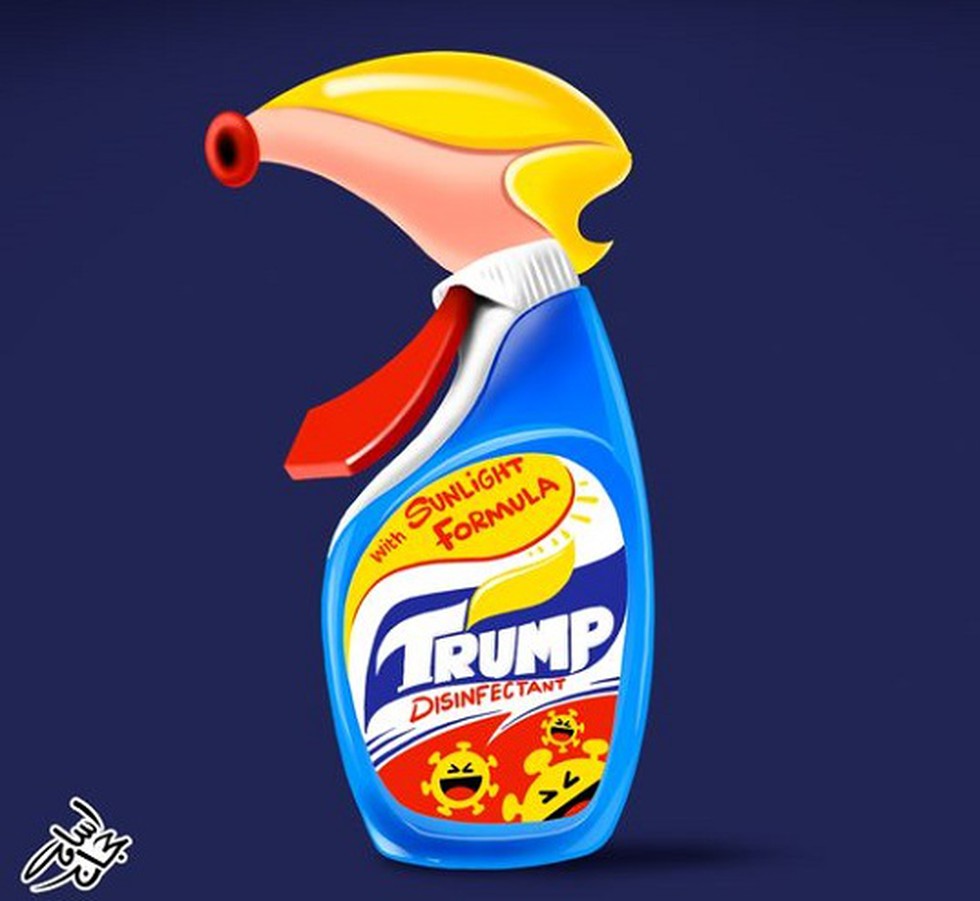Subsequent developments:
- Following Trump’s comments, health authorities in New York City reported an unusually high number of New Yorkers who had ingested bleach or other household cleaning agents.
- Reckitt Benckiser, the British manufacturer of Dettol and Lysol issued a press release “under no circumstance should our disinfectant products be administered into the human body (through injection, ingestion or any other route)”.
How harmful can disinfectants be to the human body?
- Ingesting or injecting disinfectants and other kinds of household cleaning agents is harmful since these agents can be potentially poisonous and can even lead to death.
- The label for disinfectant and surface cleaner “Lizol”, for instance, which claims to kill 99.9 per cent germs cautions that the product is meant for “external use only”.
- 80% of Lizol is made up of benzalkonium chloride solution, which is a chemical with antimicrobial properties acting against pathogens such as bacteria, fungi and viruses.
- This chemical is primarily a skin irritant and can also behave as a skin allergen. The US Environmental Protection Agency (EPC) classifies benzalkonium chlorides (BACs) in toxicity category II by oral and inhalation routes and category III via the dermal route.
